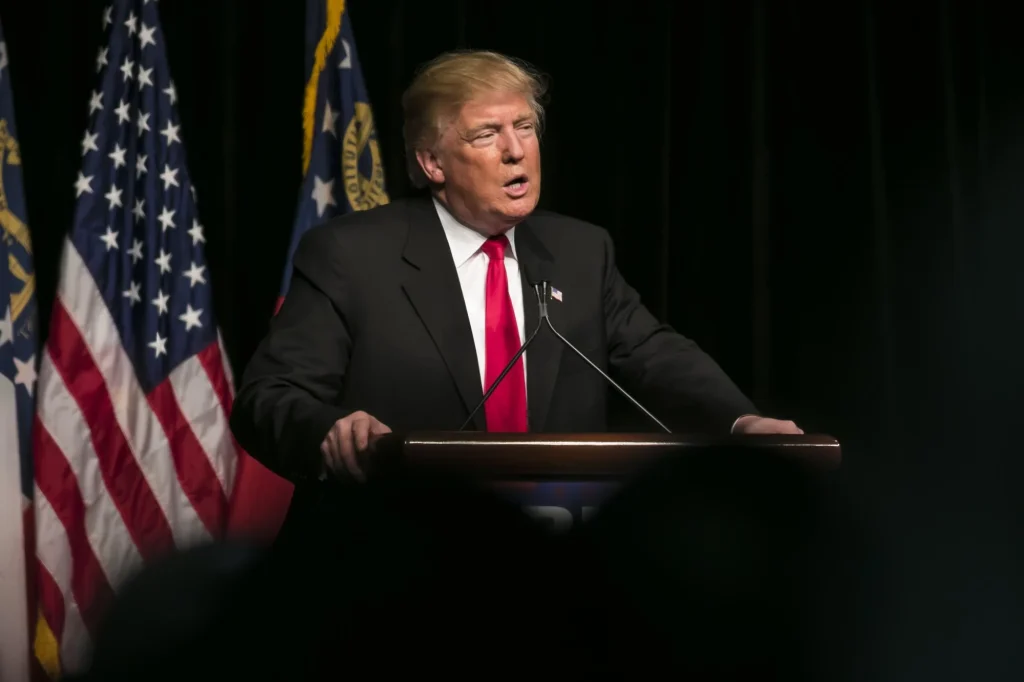In his recent address to Congress, former President Donald Trump reiterated his stance on the Paris climate agreement, emphasizing that the deal was costing the United States “trillions of dollars that other countries were not paying.” This claim, however, is not accurate and requires some clarification.
While Trump’s assertion might have resonated with his base, the actual financial commitments made by the U.S. under the Paris Agreement and subsequent international climate financing efforts tell a different story. Former President Joe Biden, upon taking office, pledged to allocate $11.4 billion annually toward international climate financing to help vulnerable nations tackle the effects of climate change. However, Congress did not fully meet this target, and by 2022, the U.S. had allocated just $5.8 billion—far less than the promised $11.4 billion. Importantly, the total U.S. contribution to international climate finance has never reached trillions of dollars, contradicting Trump’s claim.

Furthermore, the U.S. was not the only country to fall short in meeting its climate finance obligations. While nations like China, the United Kingdom, and the European Union have contributed to the global climate finance pool, many others have struggled to meet the collective $100 billion annual target. This fund is designed to help developing nations cope with the impacts of climate change, such as sea-level rise and extreme weather events. As of the most recent United Nations Climate Conference, the collective goal was raised to $300 billion annually by 2035, highlighting the global ambition to address climate change in a meaningful and impactful way.
Trump’s argument against the Paris Agreement often centered around the notion that it placed an unfair financial burden on the United States, but the facts suggest a more nuanced reality. While it’s true that international climate financing is a shared responsibility, the U.S. has consistently contributed to these efforts, though its financial commitments have not met the ambitious targets that were set. Trump’s claim that these efforts have cost the U.S. trillions of dollars is misleading and overlooks the fact that international climate finance is a collective, global undertaking, with many countries facing challenges in meeting their own financing targets.
In conclusion, while Trump’s rhetoric might have struck a chord with some, the reality of U.S. contributions to climate finance and the broader international effort to combat climate change is more complex. Rather than the exorbitant costs he suggests, U.S. climate financing remains an area of ongoing commitment, and global efforts to address climate change continue to evolve with ambitious goals that require the collective effort of nations around the world.




